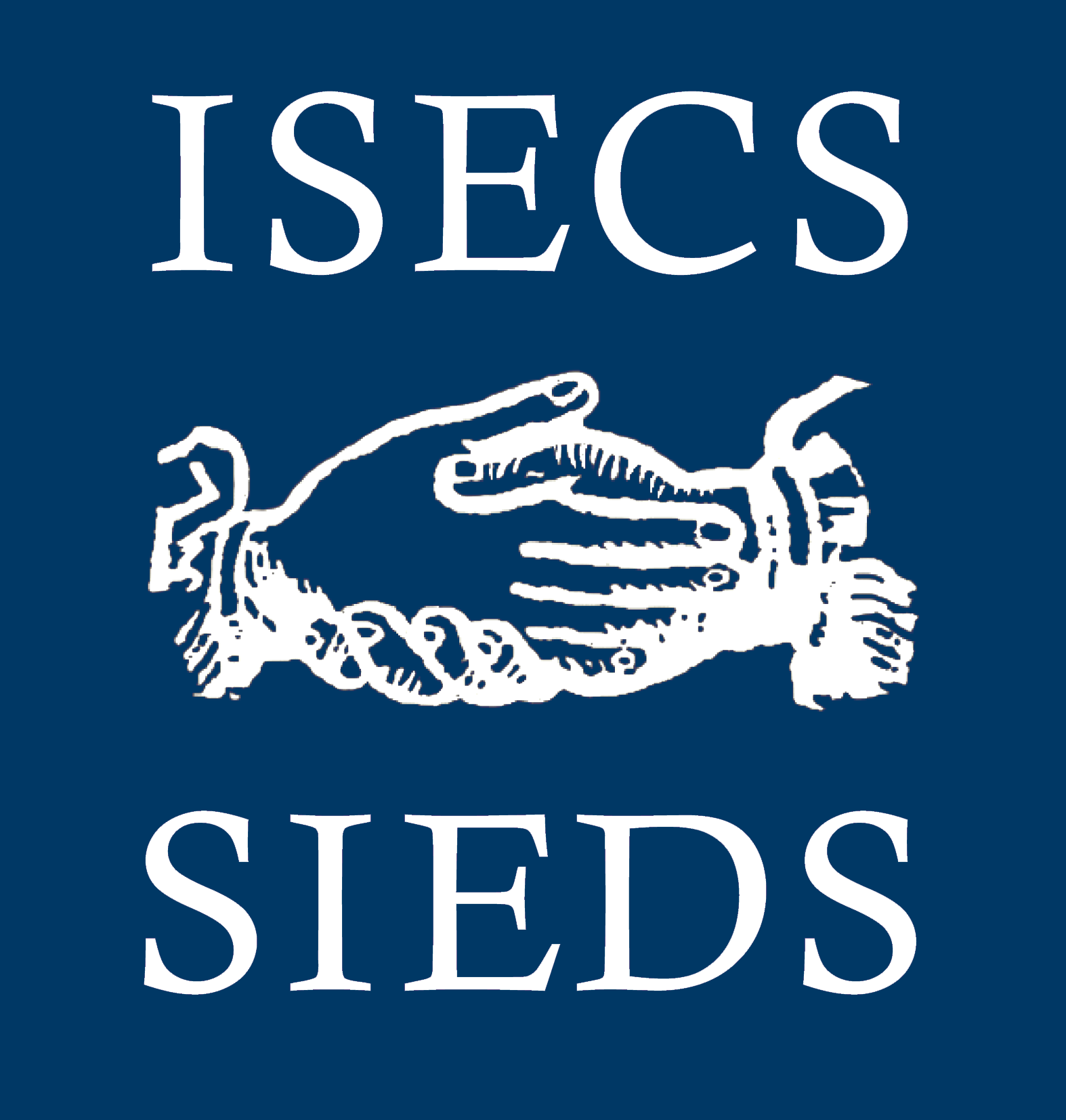Call for Papers for the international conference of the International Society for Eighteenth-Century Studies (ISECS), organised by the Deutsches Historisches Institut Paris, the Collège de France and the Maison de la Recherche de la Faculté des Lettres de Sorbonne Université. The conference will take place at the German Historical Institute Paris from 10 to 12 June 2026. Deadline for submissions: 26 October 2025.
Both ISECS and most of its member societies were founded when the Enlightenment movement of the 18th century enjoyed the highest reputation among scholars and perhaps even more so in society: as fighters for freedom of thought and self-determination, as advocates of progress and as pioneers of a democratic society. This of course was a view that experts always knew to be idealising, but it suited the mood of the democratisation push in Western societies and beyond in the last third of the 20th century.
Since around the turn of the millennium, the winds of scholars’s and society’s favour towards the Enlightenment have changed. Today, it seems that the society that the Enlightenment thinkers envisioned has not been realized. We are still facing fundamental inequalities: namely a power imbalance between the sexes, between elites and the people, between Europeans and the ‘rest’ of the world. Some exponents of the post-colonial agenda see the Enlightenment, not only in its racial doctrines but also in its standards of rationality, primarily as a justification of European colonial domination and exploitation. On the other side of the political spectrum, the Enlightenment is also criticised by those who see it as an arbitrary destruction of traditions or the self-serving empowerment of a small group of the intellectual elite. The current situation can be summarised in a variation of Jonathan Israel’s well-known book title: « Enlightenment contested again ».
Anyone studying the 18th century is doubly challenged by this development. Firstly, the research in the 18th century is not unaffected by the respective social conditions. Secondly, the experts of the 18th century are able to substantially contribute to current debates on the role of the Enlightenment in the history of humanity. Organizing a conference, titled « Reframing the Enlightenment / Le défi des Lumières », ISECS is consciously taking on these challenges. This conference reflects the contemporary context in which we conduct our research and takes a well-founded position on the assessment of the Enlightenment in today’s debates based on our research. The focus of the contributions should therefore be both on the historical subjects and on the assessment of the Enlightenment in our present day. The aim of the conference is to overcome the too simple positioning oneself either for or against the Enlightenment and to emphasise the complexity of both the Enlightenment as a historical phenomenon and its legacy for the present and the future.
The conference will focus primarily on the following topics:
- Social privileges and exclusions: Who makes and benefits from the Enlightenment? Is it a problem that the Enlightenment was mainly designed and carried out by white men and their supporters? Or is that not true at all?
- The postcolonial challenge, migration, and global justice: while the Enlightenment has been critiqued as being Eurocentric and being used to justify European colonialism, many prominent Enlightenment thinkers have also highlighted the importance of universal ethics and global justice. How do we negotiate between acknowledging the postcolonial critique and making use of the Enlightenment legacy for the thorny issue of contemporary migration and related human rights? How do we navigate between the request to ‘provincialize’ Europe and the Enlightenment and the potential to reframe the Enlightenment for greater global justice?
- Epistemological questions: Was there any enlightenment at all or is it just a retrospective construct, driven by political interests and too willingly supported by research?
Detailed information on the three sections (also available in French) can be found in the document attached below.
The conference is co-organised – alongside ISECS (represented by its president Prof. Daniel Fulda, Halle) – by the German Historical Institute Paris (Dr. Christine Zabel); the Chaire d’Histoire des Lumières, XVIIIe-XXIe siècle, Collège de France (Prof. Dr. Antoine Lilti); the Société Française d’Étude du Dix‑huitième Siècle (Prof. Christophe Martin); the Bibliothèque Polonaise de Paris (Prof. Dr. Maciej Forycki); Prof. Florence Magnot-Ogilvy (Sorbonne Nouvelle) and Prof. Dr. Chunjie Zhang (University of California, Davis).
Early career scholars in particular are warmly invited to submit paper proposals for this interdisciplinary conference on the current debates surrounding the Enlightenment. The conference will focus on the question of how research into the historical Enlightenment and contemporary references to or critiques of the Enlightenment challenge each other.
Proposals for papers, including a half-page explanation of the topic, a short CV, and assignment to one of the three sections, should be sent to the President of ISECS/SIEDS by 26 October 2025, Prof. Daniel Fulda (daniel.fulda@germanistik.uni.halle.de).
Travel and accommodation costs are expected to be covered by the organisers. The conference languages are English and French.





